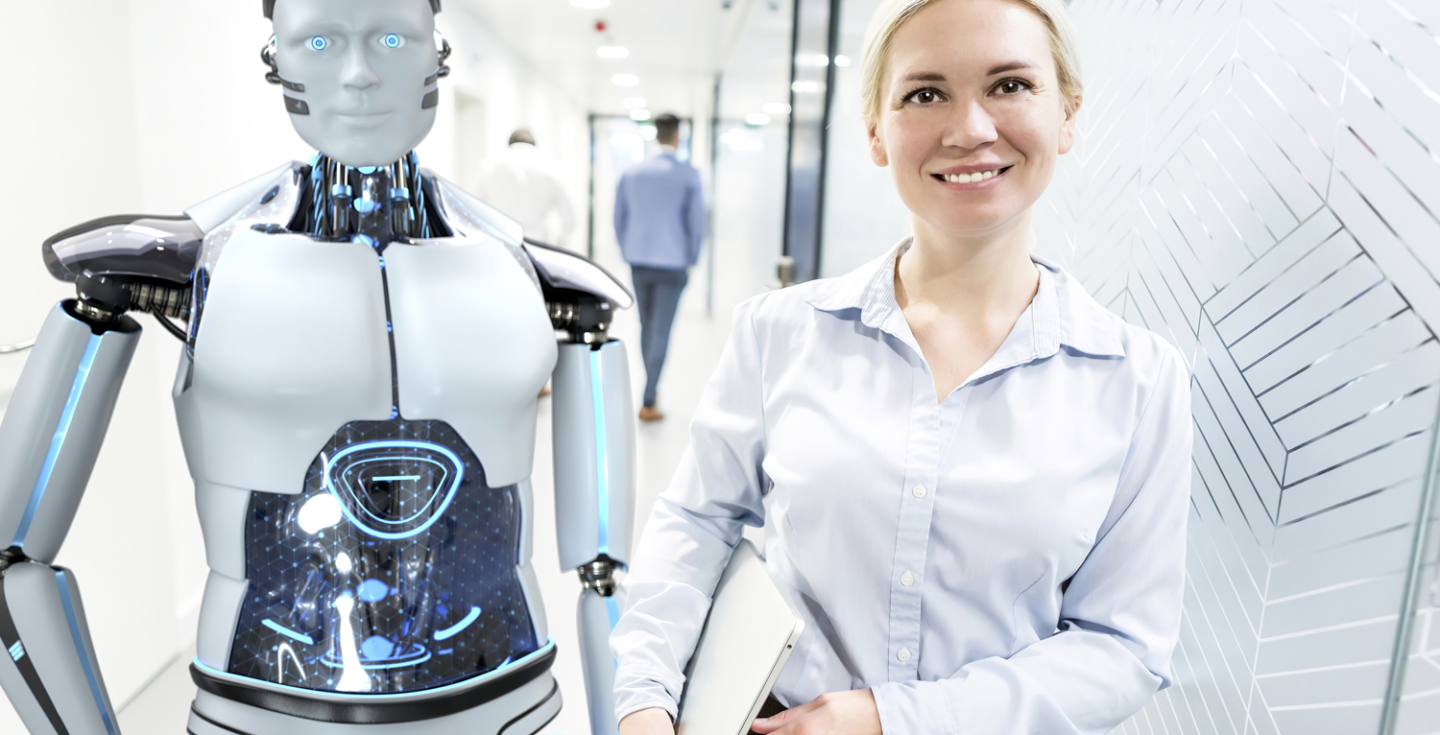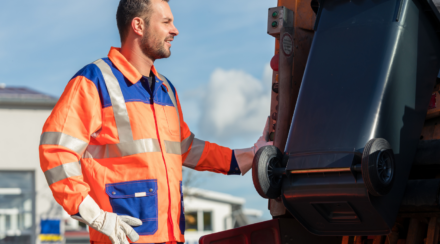Menu

Is this the Age of Working Smart Over Working Hard?
I have no doubt that most of us have come across the recent artificial intelligence (AI) phenomenon that is ChatGPT.
With software company OpenAI recently announcing the program’s next iteration (titled ChatGPT-4), there has been a lot of speculation around whether employers – and people in general – should be ‘freaked out’ by the expanding capabilities and eerie similarities to being human that this AI has.
However, is this simply just another tool that will help employees to work smarter rather than harder?
All throughout history, whenever a new piece of technology has been introduced that can do something that humans do but more efficiently and instantaneously, there has been hesitation and resistance.
When the calculator was initially introduced on a mass scale, it raised a lot of cause for concern from schooling systems as they feared that students wouldn’t learn how to do maths without the assistance of a machine. But as the calculator became integrated in everyday learning, it actually proved to expand the horizons of mathematics that was able to be taught at school level – it allowed students to attempt much more complex equations. And, by having one exam paper that remained ‘non-calculator’, this ensured that children were still being taught a suitable level of mental arithmetic to apply to everyday life.
The same thing happened years later with the introduction of Google and other search engines. All of a sudden information was at our fingertips, which sparked controversy around something that was labelled the ‘Google Effect’ (or digital amnesia), which theorised that because answers to all questions were now readily available, people stopped bothering to store any information in their brains.
Nowadays, across all sectors of work, the calculator and Google play vital parts for many jobs, and the idea of being without them would seem unbelievable. All they did was ensure that those doing their jobs were able to do so in a more efficient and time effective manner, all while saving them a lot of mental effort.
These were the first steps towards the age of working smart, and now AI-based technologies seem to be the next. Working smart has never been a bad thing – in fact, it usually boasts better and faster results for organizations. Employees are using tools and resources to achieve the best potential outcomes within an allotted time without having to overexert themselves and risk burning out.
And so, adopting this perspective, a program like ChatGPT may initially seem questionable considering its capabilities, but it should be viewed with the intention of making employees better and more equipped rather than replacing them altogether. AI is not perfect, and neither are people, but combining the two offers the best probability of producing near-perfect results. For example, AI is being used in the medical sector to help improve the accuracy of diagnoses. One recent study found that the new AI was more accurate when diagnosing cases than actual doctors, but noticed that doctors were better and faster at identifying common problems due to the volume and consistency at which they encountered them. This is why AI is used in conjunction with workers, as it is an extra tool that helps them work smarter.
Employers may potentially resist this implementation of AI and view it as ‘doing all the work’, but the reality is that there’s no point having an employee put in hours and hours to do a task that could be done in half the time with the assistance of AI and that produces stronger output. From a business perspective, using these new resources to their advantage will have profitable benefits, as well as social ones for staff.
What it boils down to is the age-old grapple of input vs. output mindsets. It is now an outdated view for an employer to believe that hard work is measured through the time someone puts in, as what should take precedent is the quality of output that is coming out. The world of work continues to change and evolve every day, and new technology is always going to be a part of this change, so it may be time for employers to stop worrying about how to get work back to the way it was, and instead start adapting to what it continues to become.



